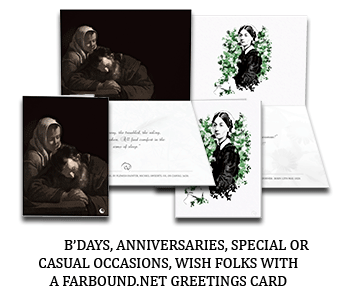A lone streetlight illuminates one of the quieter Ghats around Varanasi while in the background looms the Rana Mahal – an imposing structure built by the faraway Hindu Rajput kings to commemorate their one true faith and perhaps attain Moksha by living out their last days in the holy city. During its heydays, the palace would have been alive with courtiers, musicians and royal grandeur. Heavily armed guards would have stood watch at the entrance and steps leading down to the river. Holy men would have been greeted with respect and generous alms. After Aurangzeb’s policy of oppression ended with his death in 1707, Maratha and Rajput rulers were instrumental in reviving Hindu ideologies and culture in the region.Under the shadow of the Mahal, it’s easy to sit back and relive the past, that has at times been bloody and violent.
Varanasi is like a museum and every step a tryst with history.
 Manoshi Bhattacharya is an avid traveler, practicing doctor and an active author. Books authored by her include, The Royal Rajputs and Chittagong – the summer of 1930′.
Manoshi Bhattacharya is an avid traveler, practicing doctor and an active author. Books authored by her include, The Royal Rajputs and Chittagong – the summer of 1930′.





